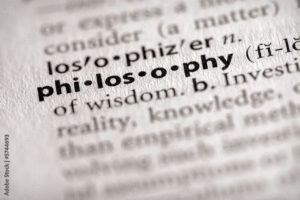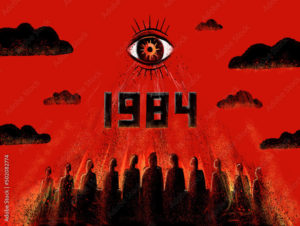best modern philosophy books
What is modern philosophy?

Before one begins making a ‘best modern philosophy book suggestion’ it is important to understand in what consists as modern philosophy. According to google (when one types best modern philosophy books) its relating to books written the last 200 years. I wanted this list to be even more modern(like 20-21th century modern) be compact and of relevant value to readers. The books below were chosen to be practical, interesting and relevant to the most fundamental and pressing concerns of modern citizens.
The goals of studying modern philosophy
Like mentioned above, modern philosophy has the added advantage to other chronological periods (lets say to antique philosophy) for consciously addressing actual problems and difficulties that require sophisticated inquiry. They can be intellectually challenging, but nevertheless grounded in the relative and pressing concerns of daily modern living. So its better to think those books as tools for increasing in knowledge on how to intelligently engineer and modify one’s personal and social conditions to a more desirable state. Afterall, the point of reading philosophy is to tackle the concreate and ever-expanding difficulties in living.
12 Rules of Life – An Antidote to Chaos

Rather than an instruction manual, 12 rules aim to present tested frameworks or attitudes to operate more efficiently in the world. Some of the rules include: Be precise in your speech, Tell the truth or at least don’t lie, set your house in perfect order before you criticize the world. The author attempts to confront some of the most controversial philosophical outlooks and propositions such as:
- In a world where lying is a powerful weapon, why not constantly engage in instrumental, manipulative schemes to obtain the objects of your desire?
- Why is it more mature and practical to start organizing the local environment before trying to tackle more sophisticated global hazards?
- What are the dangers in the temptation to delay conflict or confrontation with unpleasant realities?
- In the absence of an intact uniting narrative, what remedy is to be found in the chaos of endless uncertainty and inner turmoil?
1984

Orwell (the author of this book) was concerned about the rise of totalitarian governmental systems. In his literary masterpiece, he presents a dystopian future in a world which is ruled by continual monitoring and the absence of freedom of thought. Additionally, through the alteration of the common lexicon, the government controls fully the content of their citizens thoughts and actions. Some of the questions addressed(implicitly or explicitly) include:
- What is the appropriate relationship between individual and state?
- To what degree is our vocabulary tied to our unique individuality?
- Is the impulse to willingly embrace tyranny the ultimate death of individual existence?
The Laws Of Human Nature
The laws of human nature combine politics, philosophy, psychology and history to bring a unique multidisciplinary approach to the questions of human nature. This book is a good defense against common manipulation tactics and deceptive maneuvers. Which is why i consider it to be one of the best modern philosophy books. Here a short(but not exhaustive) list of its usefulness:
- What common techniques do narcissists employ to deceive their victims?
- Why is it necessary for individuals’ to expand the scope of their personality?
- What strategies do cult leaders use to inspire fear or motivation on their subjects?
- How to develop a sophisticated vision for oneself?
- How can one help someone who is avoiding showing vulnerability?
The network of thought

The last modern philosophy book i would recommend is ‘the network of thought’. By far the shortest and most accessible of all the books on the list. This book deals with the movement of thought, its utility and limitations. Understanding the momentum of thought is the beginning of self-knowledge, which makes it my highest recommendation. Some of the questions include:
- Are desire and love synonymous?
- Is it possible to love without the image of the beloved?
- Is it the beloved, or the abstraction of the beloved that is ultimately valued?
- Is the proper utilization of thought the necessary prerequisite to a healthy life?
- Can one have relationships without creating opinions about others?
- Is it possible to be a completely responsible individual without the capacity of continual(not episodic) conscious awareness?
Below is one of the most unraveling, sophisticated and immeasurably significant discussion between the author and a group of scientists: